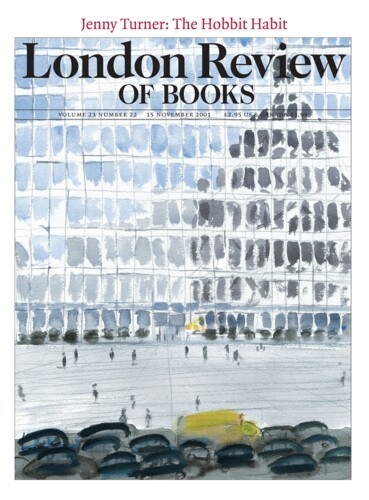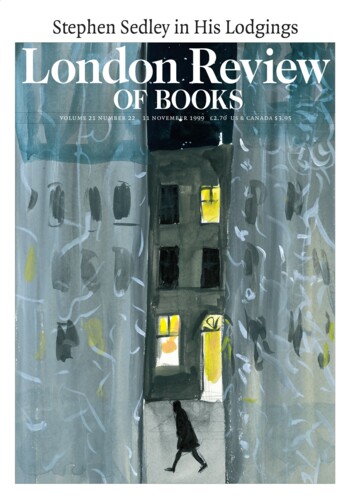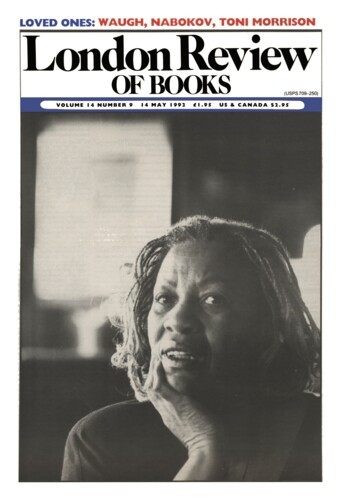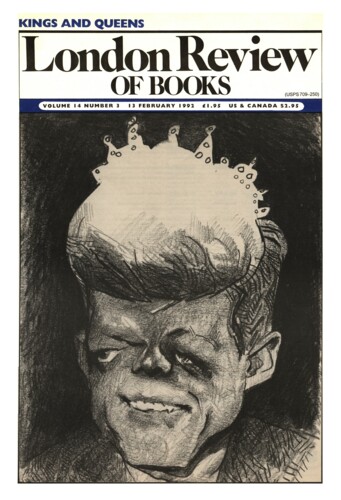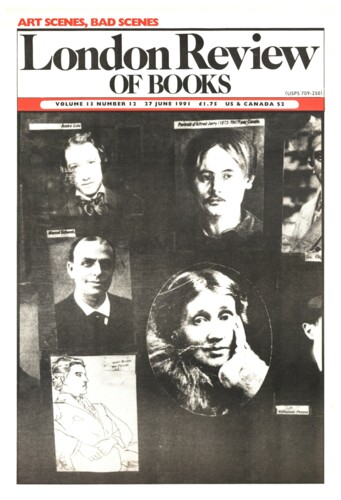Too Much Gide: French writers (1940-53)
Douglas Johnson, 15 November 2001
The historians who have argued that the continuities of French history count for more than its ruptures and revolutions have tended to avoid examining the disastrous year of 1940, when the Third Republic came to a bad end and the German Occupation began. These four books suggest that even this cataclysm can be fitted into the pattern of continuity.
In her long and detailed examination of the...
